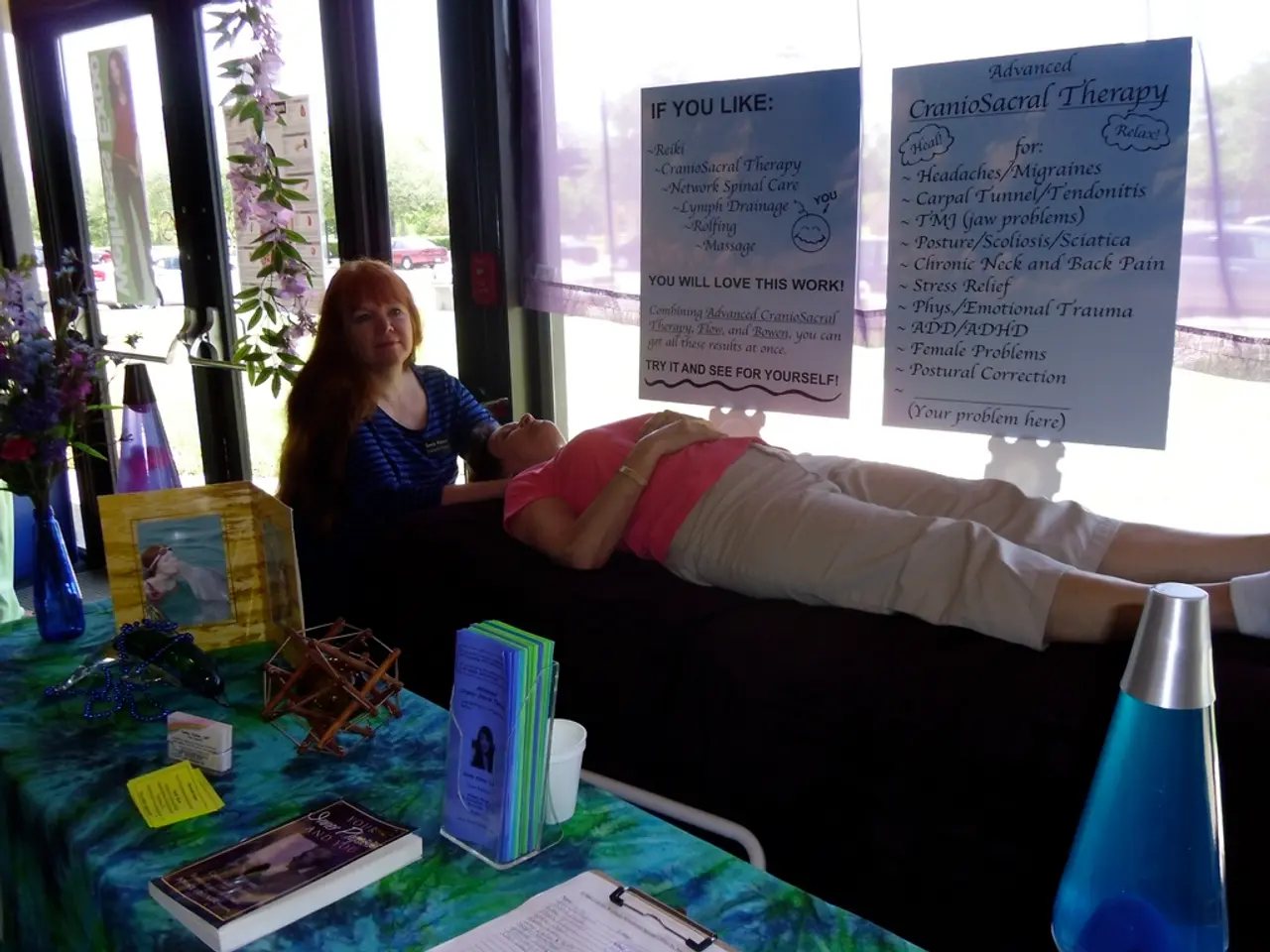Celebrity Lindsay Lohan is struggling with stress disorder, a condition attributed to relentless paparazzi pursuits.
Lindsay Lohan Opens Up About the Traumatic Impact of Paparazzi Harassment
Lindsay Lohan, the actress who rose to fame in the early 2000s with films like "Freaky Friday - A Very Unusual Weekend," has shared her struggle with the harsh realities of being in the public eye, particularly the relentless paparazzi attention that began in her childhood.
Since her early days in Hollywood, Lohan has been a constant target for the paparazzi. This constant scrutiny and chasing in her private life has left deep scars, leading to the development of a severe form of post-traumatic stress disorder (PTSD).
In an open conversation, Lohan detailed how being chased by paparazzi is not only unsafe and unfair but also terrifying. She described experiencing obsessive thoughts, anxiety, and a feeling of being unsafe, which severely impacted her mental well-being for years.
The actress attributed her PTSD to the relentless paparazzi attention during her early fame. The paparazzi culture at the time was especially brutal, with no boundaries or escape from cameras, creating terrifying moments that contributed to her mental health struggles.
This trauma was significant enough to influence Lohan's decision to step away from Hollywood for nearly a decade to regain privacy and pursue a more normal life. Even though things have improved somewhat with the rise of social media—allowing celebrities more control over their narrative—the scars of early media harassment remain part of her experience. She still deals with symptoms consistent with extreme PTSD from those early years.
Lohan expressed her hope that her family would never have to experience the same ordeal. She prays that something like being chased by paparazzi never happens again.
In a broader context, the constant paparazzi harassment can lead to chronic anxiety, obsessive thoughts, and PTSD, as seen in Lohan's case. These lasting impacts on mental health may necessitate stepping back from the public eye to heal. This example highlights the broader mental health risks posed by invasive celebrity culture, especially during formative years of fame.
On a lighter note, fans of Lohan can look forward to the release of the sequel to "Freaky Friday" in German cinemas on August 7. The film, which promises to be as entertaining as the original, serves as a reminder of Lohan's talent and the impact she has made in the entertainment industry.
- Despite the upcoming release of "Freaky Friday" sequel, Lohan's mental health struggles, stemming from the traumatic impact of paparazzi harassment in her early years, reveal an intricate relationship between celebrity culture, mental health, and privacy.
- Lohan noted that her severe post-traumatic stress disorder (PTSD) was a direct result of the relentless paparazzi attention she faced during her rise in popularity, highlighting the long-term effects of invasive celebrity culture on mental health-and-wellness.
- I'm not going to be able to ignore the fact that the mentally and emotionally traumatic experience of being chased by paparazzi throughout her childhood and early adulthood has had a lasting impact on Lindsay Lohan's life and career, even overshadowing the entertainment value of pop-culture figures and events.




